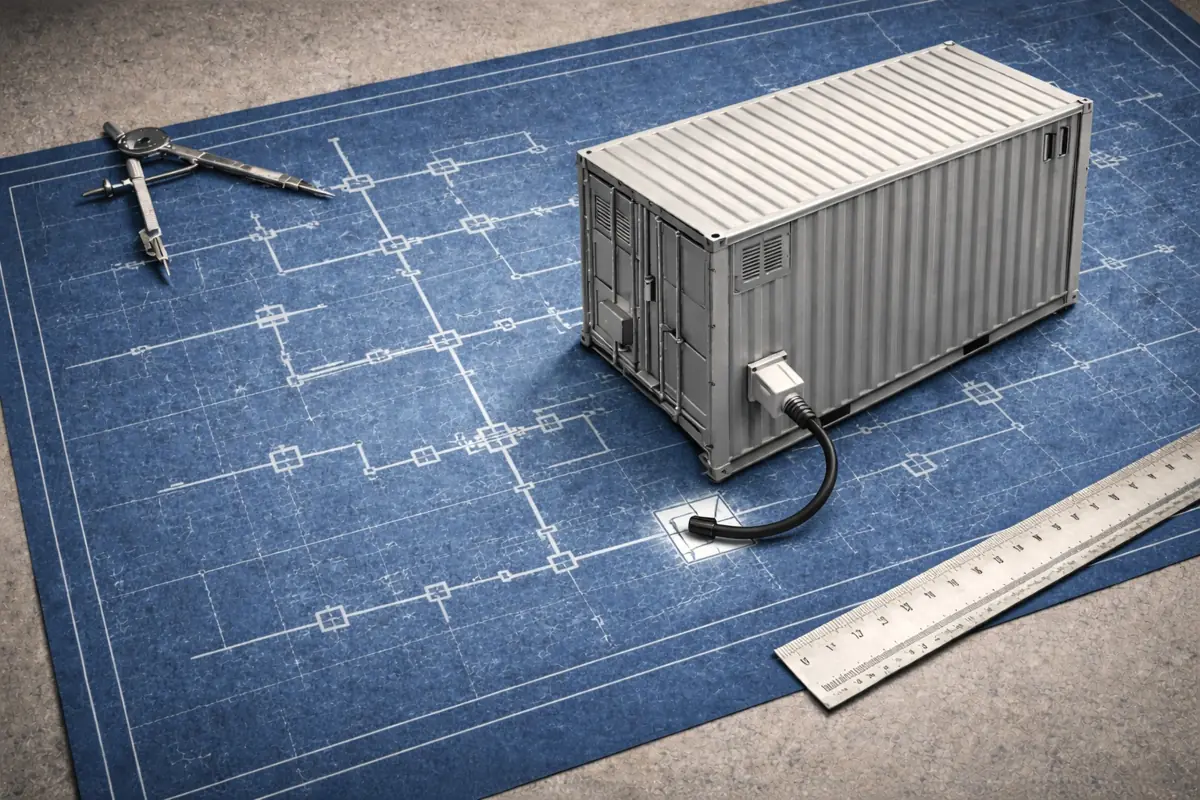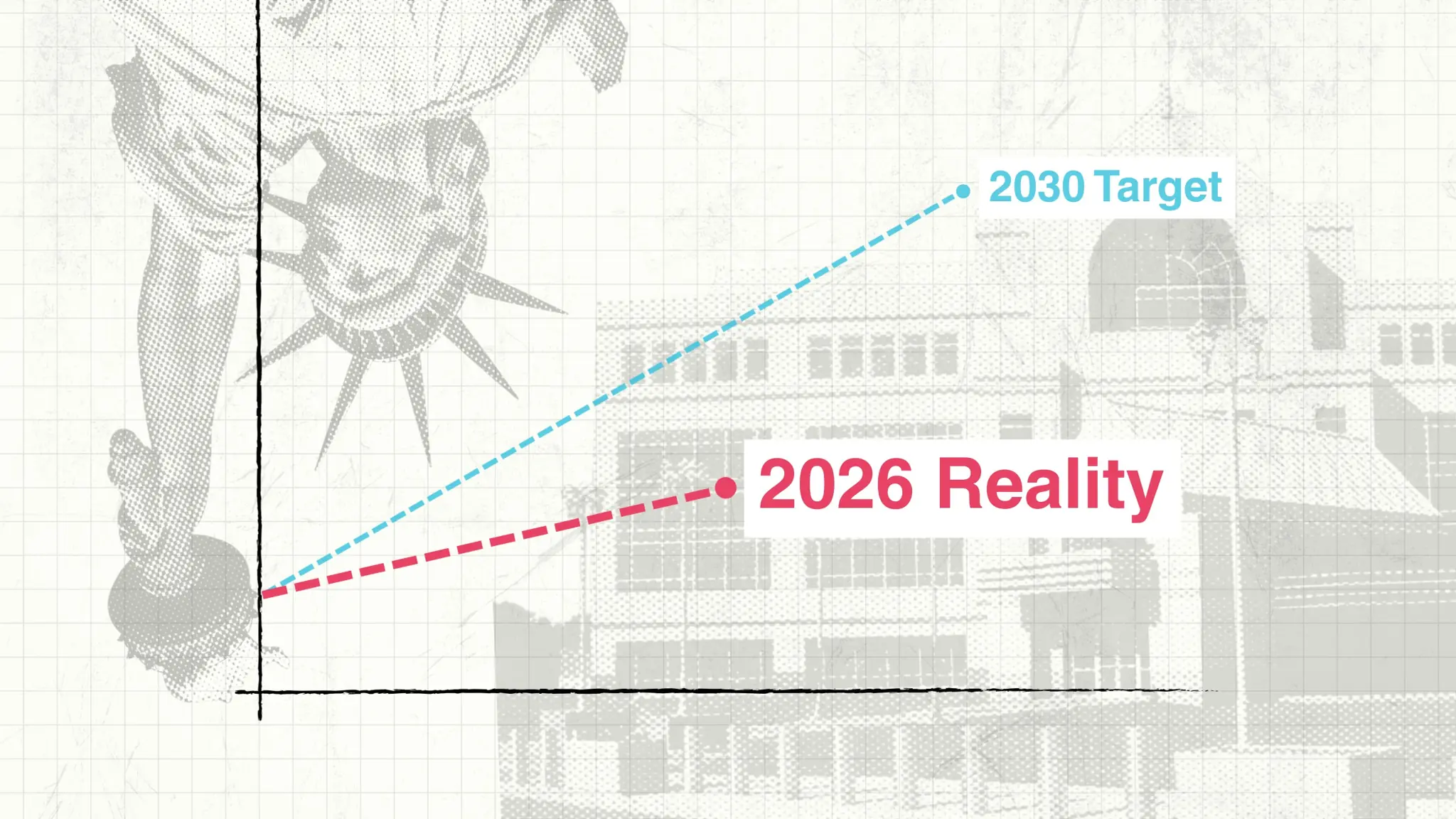Penso Power signs a tolling agreement with Shell: what could it be worth?
Penso Power signs a tolling agreement with Shell: what could it be worth?
On August 6th, BW ESS and Penso Power (the owners) announced a 7-year tolling agreement with Shell Energy (the optimizer) for their 100 MW, 330 MWh battery under construction in Bramley, Hampshire. This battery is due to come online in Q4 2024.
This agreement follows the announcement of the two-year tolling agreement between Gresham House and Octopus Energy in June. This deal was valued at an estimated £57k/MW/year for around half of its portfolio, with an average duration of 1.6 hours.
But how high might the toll between Penso Power and Shell be for what, upon completion, will be the longest-duration large-scale battery in Great Britain, at 3.3 hours? In this article we estimate what this toll could look like based upon project economics and forecast revenues.
What factors need to be considered in pricing a toll agreement?
- The price of the toll - from the owner’s side this is balanced between locking in revenue that can deliver a return on the asset, and not losing out on too much potential upside. From the optimizer’s side, this is a balance between the potential downside of revenues not delivering, compared to the forecast revenues.
- The length of the toll determines how much revenue a battery could make in merchant markets. Due to current market conditions, a shorter-term toll will be set at a lower price. A longer contract also increases exposure to counterparty risk, as there is a longer time horizon over which one or both parties fail to fulfill their obligations.
- Cycling restrictions and maintenance agreements - a tolling agreement contract will include restrictions on how much the optimizer can cycle the battery. It also assigns responsibility for maintenance tasks and includes availability targets.
An estimated toll of £75k/MW/year could deliver suitable returns for the owners, excluding Capacity Market and TNUoS
Under a standard tolling arrangement, Penso Power will effectively lease the battery to Shell for a defined toll over a 7-year period. Shell will optimize the battery, profiting from the spread between this toll rate and the revenues it achieves.
Based upon an estimated Capex of £900k/MW, revenue of £108k/MW/year across the first seven years of the project would provide an unlevered IRR of 10% over a 25-year project lifetime. Excluding Capacity Market and TNUoS revenues, which we assume stay with Penso, this means a toll of £75/MW/year could provide Penso with a suitable return.

This level would also provide upside for Shell. Merchant revenues in Modo Energy’s central forecast scenario over this period are £96k/MW/year. This means that Shell could make a £21k/MW/year spread in this scenario, equivalent to an optimization fee of 22%.
But the actual toll level could sit within a wider range
A toll of between £60k and £90k/MW/year could deliver an unlevered IRR of between 9% and 11%, respectively. However, at the lower end of this range, Penso would likely feel like they are giving away too much value. Meanwhile, at the upper end, Shell would feel like they are taking on too much risk for not enough upside.
The need to balance both these elements means that we expect a toll in the range of £70-80k/MW/year is most likely.
One advantage for Penso Power from the agreement is that the seven-year contract significantly increases the proportion of contracted revenues and could help the project secure debt financing. This would free up capital from the project for Penso, with the leverage the debt provides, allowing them to make a higher return on a lower total revenue level.
Revenues need to increase 26% from current levels to hit £75/MW/year
A tolling agreement transfers the revenue risk from Penso to Shell. Shell would only benefit from the agreement if revenues increase above the toll level. For an estimated toll of £75k/MW/year, this would be 26% above their current level.

This shows the risk taken on by the toll provider in the arrangement. Revenues do need to improve from current levels for the toll level to be met, and even further to provide a return. In our low forecast scenario, revenues only increase slightly to £63k/MW/year, meaning that Shell would lose money on the agreement.
Overall, this tolling agreement could mark a shift in the allocation of risk associated with BESS projects. If Penso Power is entering the tolling agreement to secure debt financing, this will allow them to get capital out of an operational project. This capital can be redeployed in other projects, allowing them to continue focusing on development. Shell, meanwhile, specializes in trading and effectively buys in the market risk.
If you’re interested in the tolling landscape in the US, read our two-part series:







